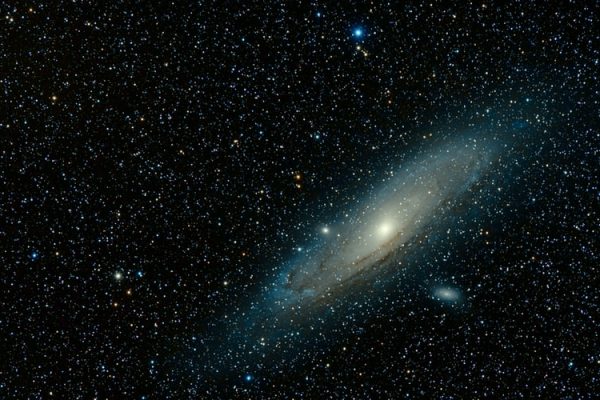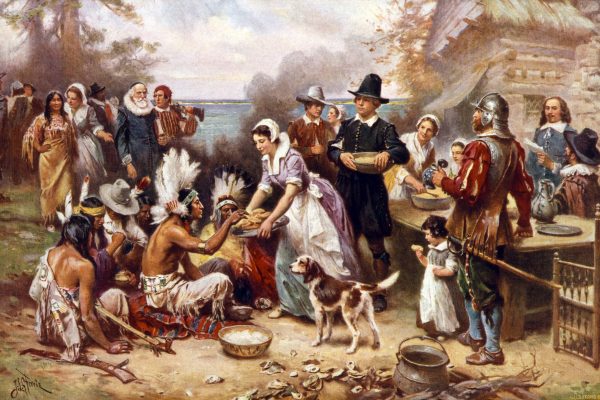Isaac Newton, considered Christian, rejected the divinity of Jesus and the concept of the Holy Trinity. His beliefs, published after his death, suggest a closer affinity to the Islamic doctrine.
Isaac Newton, considered Christian, rejected the divinity of Jesus and the concept of the Holy Trinity. His beliefs, published after his death, suggest a closer affinity to the Islamic doctrine.
The name Isaac Newton needs no introduction. Being one of the most influential individuals in human history, Newton tops any list of scientists, mathematicians or physicists. Despite being that renowned, many people are unaware that Newton’s trajectory of interests was far beyond just mathematics or physics. To anyone’s surprise, Newton also invested much of his time in theology. Newton accomplished almost everything in the field of physics but still felt he was missing something much more important. He searched for one true God despite being raised as a Christian. Newton, with time, became aware that the faith he believed in wasn’t stable. It wasn’t until much later after his death, it was revealed that he identified himself as a Nontrinitarian Monotheist.
When Newton died, in addition to his scientific work, he left a huge collection of his religious work as well, comprising his interpretation and explanation of the Bible. However, Newton’s descendants felt that it wasn’t the right time to reveal his religious beliefs to the general public as it might hurt Newton’s scientific legacy. Newton believed that the doctrine of the Trinity was bogus. Newton insisted that the Church was responsible for the corruption of Biblical texts. When Newton’s unorthodox beliefs were made public by the end of the 20th century, scholars were associating him with Nontrinitarian Arians, Socinians or sometimes Unitarians. Newton’s beliefs were shockingly much closer to orthodox Muslims than unorthodox Christians. But can we state Newton as a Muslim without any proof of his testimony? Well, there is a distant report present in the Library of Trinity College, Cambridge indicating that Newton believed in Prophet Muhammad. This report can be found in the German language in ‘Correspondence of Sir Isaac Newton and Professor Cotes’. The complete account is translated into the English language as stated below.
On 8th Dec 1773, Swedish Professor Jakob Jonas Björnståhl paid a visit to Amsterdam to meet Fontein Pieter (Anabaptist preacher and scholar of Hemsterhuis and Albert Schultens). Fontein told Björnståhl that in 1738, he made a trip to England and made the acquaintance of the great Bentley (probably Richard Bentley). At Cambridge, he heard various anecdotes about Newton, who had died nine or ten years before, among others: Newton had believed that Muhammad had been sent by God to lead the Arabs back from the darkness and to the belief in a God, etc. (This, at least, the professors or fellows at Cambridge told him as a special curiosity from Newton’s story). However, this enlightened man did not believe the fables and miracles occurring in the Koran and Muhammad’s life. He told me that Newton had published a treatise to prove that the passage 1 John, v. 7. was not eight, and that the text had a far better context without this verse.
Newton believed that God was one, Christ was not divine, and the doctrine of the Trinity was added to the sacred scripts much later. Collectively saying, these beliefs conclude that Newton might have lived his later part of life as a Muslim. Only God knows better.





